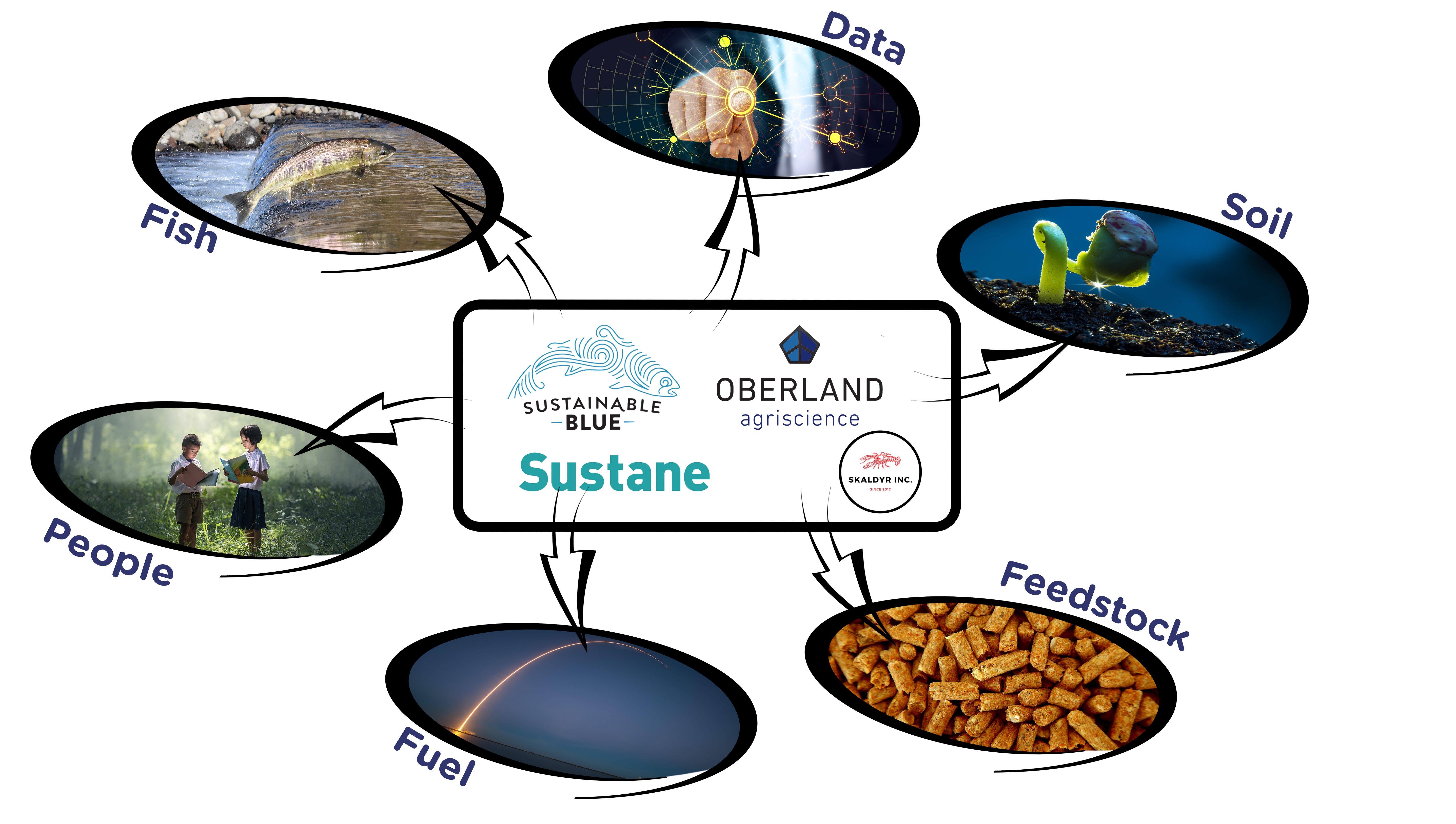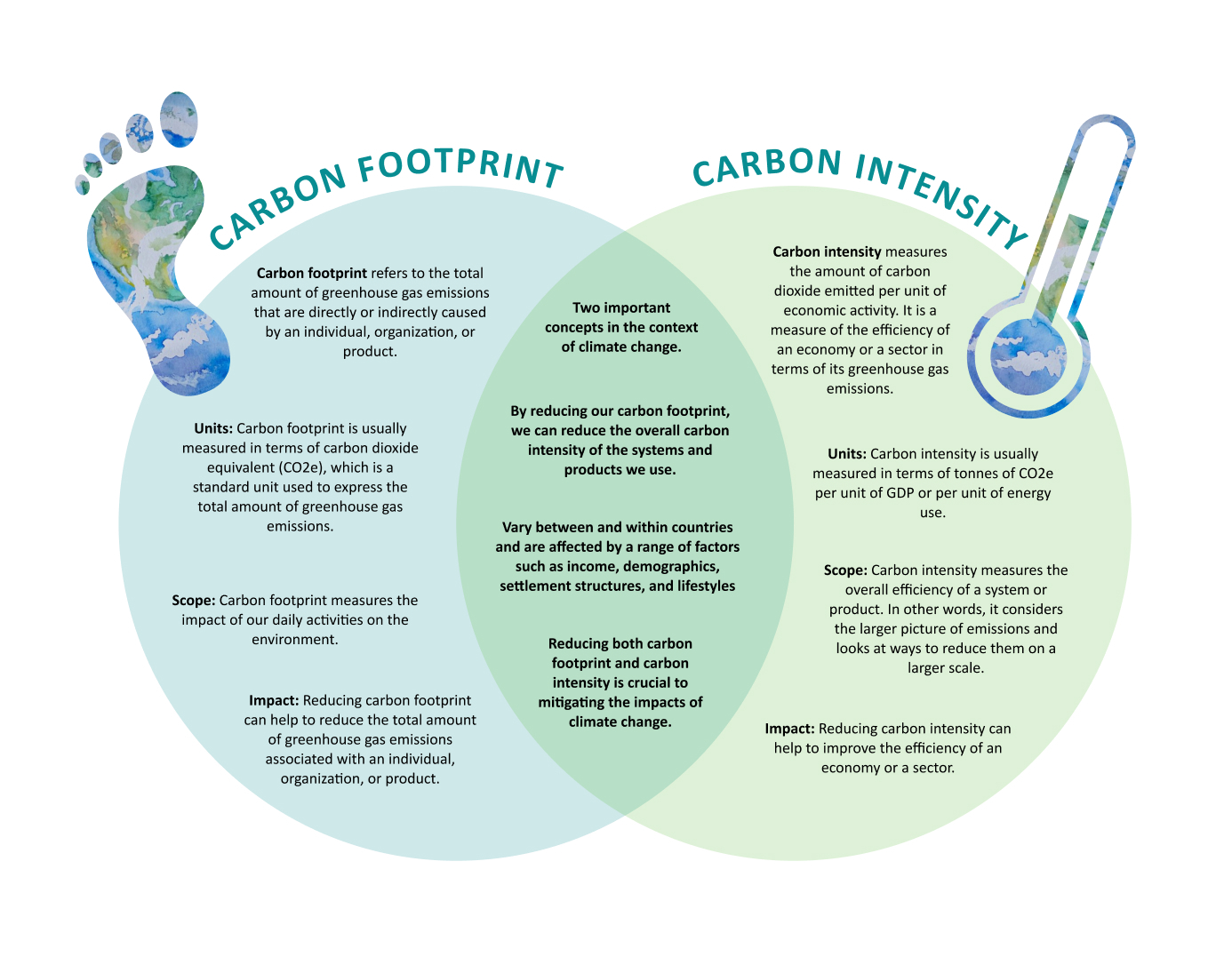May 2023 The Shift e-newsletter
Industrial Symbiosis Webinar | Carbon Footprint vs. Carbon Intensity | Congratulations | Upcoming Training
Free Webinar:
An Industrial Ecosystem at Work

DATE: May 11, 2023
TIME: 1:00pm - 2:00pm ET
PRESENTER: Dr. Greg Wanger, Oberland Science, Inc.
DESCRIPTION:
Global population rise and increased appetite for high-quality protein is pushing our food systems to the brink. Arable land is at a premium, and quickly over-stressed. Our Oceans are over-fished. A collective of like-minded Nova Scotia based companies are collaborating to build resilience back into our food systems. The model is working, now it's time to scale.
PRESENTER BIO:
Dr. Greg Wanger is an experienced research scientist whose career milestones include five years at the NASA Jet Propulsion Lab, culminating in their optical organics mapper, SHERLOC, landing on Mars in February 2021 with the Perseverance rover. Combining a life-long passion for science and innovation with environmental activism, Greg founded Oberland Agriscience Inc, in 2017 to optimize the Black Soldier Fly to produce a premium, nutrient-rich, reliable protein for inclusion in aquafeed, pet food, and livestock feed.
Recordings for the brown bag webinar can be found here
Carbon Footprint vs. Carbon Intensity

Climate change is one of the most pressing issues of our time. As the world becomes more aware of the impact of our actions on the environment, terms like "carbon footprint" and "carbon intensity" have become more common. But what do these terms mean, and what is the difference between them?
Carbon footprint and carbon intensity are two important concepts in the context of climate change. While both are related to greenhouse gas emissions, they differ in their focus and scope. Carbon footprint refers to the total amount of greenhouse gas emissions that are directly or indirectly caused by an individual, organization, or product. It takes into account all the emissions associated with the production, use, and disposal of goods and services, as well as the emissions from transportation, energy use, and other activities. Carbon footprint is usually measured in terms of carbon dioxide equivalent (CO2e), which is a standard unit used to express the total amount of greenhouse gas emissions.
On the other hand, carbon intensity measures the amount of carbon dioxide emitted per unit of economic activity. It is a measure of the efficiency of an economy or a sector in terms of its greenhouse gas emissions. Carbon intensity is usually measured in terms of tonnes of CO2e per unit of GDP or per unit of energy use. It can be used to compare the emissions of different countries, industries, or products on a level playing field. For example, the carbon intensity of electricity in the US is lower than that of China because the US has more renewable energy sources.
EarthShift Global is proud to congratulate two of our teammates who have recently earned their doctorates in sustainability-related fields
Senior Sustainability Analyst Amos Ncube now holds a PhD in Circular Economy and Sustainability from Parthenope University of Napoli, Italy. Amos’s doctoral thesis, Potential Environmental Implications of the Circular Economy and Bioeconomy Transition in Different Industrial and Non-industrial Sectors, focuses on how environmental implications of circular economy (CE) and bioeconomy (BE) principles can be evaluated.

Sustainability Analyst Purva Mhatre Shah received hers in Sustainability Management from the National Institute of Technology (NITIE), Mumbai, India. Purva’s thesis, Transitioning to Circular Economy in Built Environment using Life Cycle Sustainability Assessment aims to build understanding of what happens when CE principles are adopted in the construction sector.

Upcoming Online Training
Practical Life Cycle Assessment
May 2-3, 2023 or Recorded On Demand
Advanced Life Cycle Assessment - Interpretation
May 23-24, 2023
Advanced Life Cycle Assessment - Anticipatory LCA
June 6-7, 2023
Introduction to Sustainability Assessment
June 15, 2023
Social Impact Assessment, Sustainability-ROI
June 27, 2023